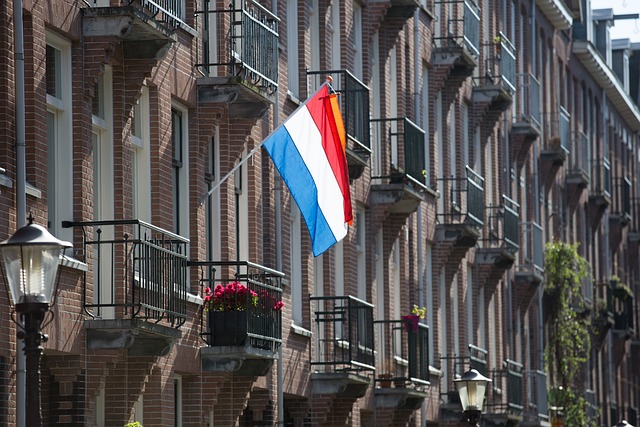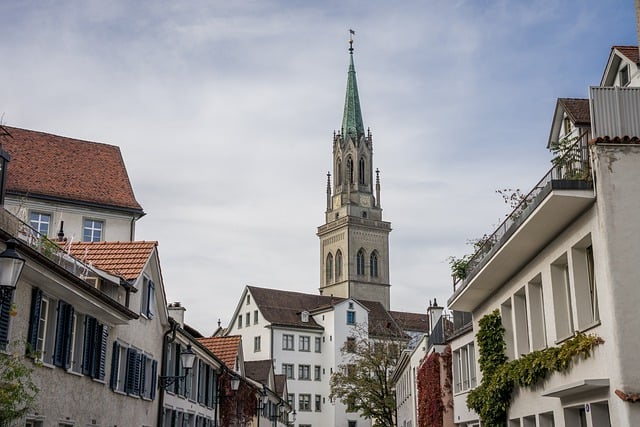Dutch Tolerance and Open-Mindedness: A Pillar of Dutch Society

The Netherlands is often celebrated for its progressive values, particularly its long-standing tradition of tolerance and open-mindedness. These principles are deeply embedded in Dutch culture and have shaped the country’s social, political, and economic landscape. From its pioneering stance on social issues to its inclusive approach to diversity, the Netherlands offers a model of how tolerance and open-mindedness can foster a harmonious and dynamic society. This guide explores the roots, manifestations, and impact of Dutch tolerance and open-mindedness.
1. Historical Roots of Dutch Tolerance
The tradition of tolerance in the Netherlands dates back to the Dutch Golden Age (17th century), a period of economic prosperity, cultural flourishing, and intellectual advancement.
- Religious Tolerance: During the Golden Age, the Netherlands became a refuge for those fleeing religious persecution in other parts of Europe. The Dutch Republic allowed various religious groups, including Jews, Huguenots, and Protestants, to practice their faith relatively freely.
- Trade and Commerce: The Dutch emphasis on trade and commerce necessitated a pragmatic approach to diversity. Tolerance was not just a moral stance but also an economic strategy to attract skilled workers and foster international trade.
- Enlightenment Influence: Dutch thinkers like Baruch Spinoza and Hugo Grotius contributed to the Enlightenment ideals of freedom, equality, and rational thought, further embedding tolerance in Dutch society.
2. Modern Manifestations of Dutch Tolerance
In contemporary times, Dutch tolerance and open-mindedness are evident in various aspects of society, including social policies, cultural attitudes, and everyday interactions.
Social Policies
- LGBTQ+ Rights: The Netherlands was the first country in the world to legalize same-sex marriage in 2001. Dutch society is generally supportive of LGBTQ+ rights, with Amsterdam being a global hub for LGBTQ+ culture and activism.
- Drug Policy: The Netherlands is known for its pragmatic approach to drug policy, particularly the decriminalization of cannabis. Coffeeshops in cities like Amsterdam allow the regulated sale and consumption of cannabis.
- Euthanasia and Assisted Suicide: The Netherlands has some of the most progressive laws regarding euthanasia and assisted suicide, allowing individuals to make end-of-life decisions with dignity.
Cultural Attitudes
- Multiculturalism: The Netherlands is home to a diverse population, with significant communities of Turkish, Moroccan, Surinamese, and Indonesian descent. Dutch society generally embraces multiculturalism, though challenges and debates about integration persist.
- Freedom of Expression: The Dutch value freedom of speech and expression, often engaging in open and candid discussions about social and political issues. This openness is reflected in the vibrant media landscape and public discourse.
Everyday Interactions
- Direct Communication: The Dutch are known for their directness and honesty in communication. This straightforwardness is often seen as a sign of respect and transparency, fostering open-mindedness in personal and professional interactions.
- Cycling Culture: The widespread use of bicycles in the Netherlands is not just a practical choice but also a reflection of egalitarian values. Cycling promotes a sense of equality and community, as people from all walks of life share the same roads.
3. Impact of Dutch Tolerance and Open-Mindedness
The principles of tolerance and open-mindedness have had a profound impact on Dutch society, contributing to its social cohesion, economic success, and global reputation.
- Social Cohesion: Tolerance fosters a sense of inclusion and belonging, helping to integrate diverse communities and reduce social tensions. This cohesion is evident in the relatively low levels of social inequality and high levels of social trust in the Netherlands.
- Economic Success: The Dutch emphasis on tolerance and diversity has attracted skilled workers, entrepreneurs, and investors from around the world. This influx of talent and capital has contributed to the Netherlands’ robust and innovative economy.
- Global Reputation: The Netherlands is often seen as a beacon of progressive values and human rights. Its commitment to tolerance and open-mindedness enhances its soft power and influence on the global stage.
4. Challenges and Criticisms
While Dutch tolerance and open-mindedness are widely celebrated, they are not without challenges and criticisms.
- Integration Issues: Despite its multiculturalism, the Netherlands faces challenges related to the integration of immigrant communities. Debates about cultural assimilation, social cohesion, and national identity are ongoing.
- Rising Populism: In recent years, there has been a rise in populist and nationalist movements that challenge the traditional values of tolerance and open-mindedness. These movements often focus on issues like immigration, national identity, and cultural preservation.
- Complacency: Some critics argue that the Dutch sense of tolerance can sometimes lead to complacency or a lack of engagement with deeper social issues. There is a need for continuous dialogue and action to address inequalities and injustices.
5. Tips for Embracing Dutch Tolerance and Open-Mindedness
For expats and visitors, understanding and embracing Dutch tolerance and open-mindedness can enhance their experience in the Netherlands. Here are some tips:
- Respect Diversity: Show respect for the diverse cultures, religions, and lifestyles you encounter in the Netherlands. Engage with different communities and learn about their traditions and perspectives.
- Be Open-Minded: Embrace the Dutch values of open-mindedness and direct communication. Be willing to engage in candid discussions and consider different viewpoints.
- Participate in Social Issues: Get involved in social and political issues that matter to you. The Netherlands offers numerous opportunities for activism, volunteering, and community engagement.
- Learn the Language: While many Dutch people speak English, learning Dutch can help you better understand the culture and integrate into society.




